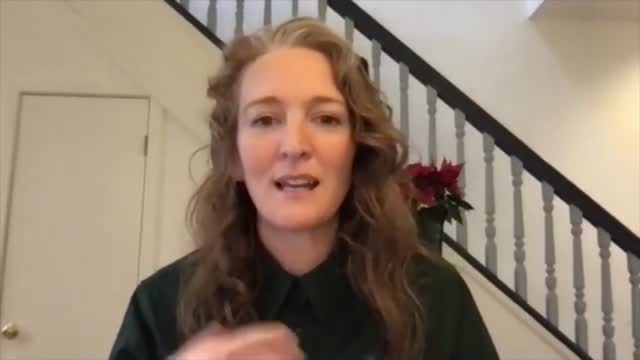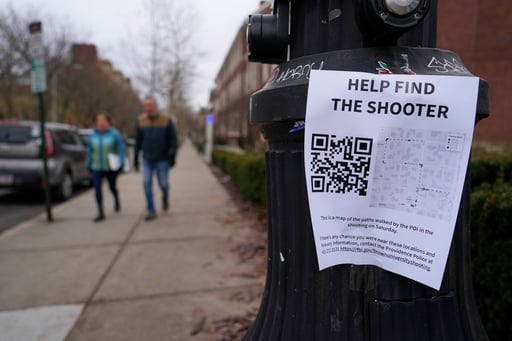NASA/NOAA 2021 Climate Change Data
Experts say 2021 was the sixth hottest year on record. Here's what Rhode Island is doing about it.

PROVIDENCE, RI (WLNE) –
The data is in: 2021 was confirmed by experts at NASA/NOAA to be the sixth hottest year on record in nearly 140 years. Despite being what experts call a traditionally colder “La Nina” year, climate change is to blame for receding shorelines and brazen wildfires once again.
“There’s no threshold value where we can say, like, ‘up until this point we’re okay but then after that we’re falling off the end of a cliff’. No,” says NASA/NOAA expert Emma Knowland. “We’re already at a point where temperature has increased about 1.5 degrees fahrenheit over some type of long term average.”
According to Rhode Island Energy Commissioner Nicholas Ucci, Rhode Islanders are already feeling the impact – and the state is acting fast in an attempt to prepare residents for what’s to come. Aquidnick Island, Providence, down the coast Warwick to South County..even with our best efforts, we know the world around us is changing. We have to find a way to reconcile those changes and prepare ourselves and our communities.”
What’s working? According to Knowland, drastic changes in behavior made by Americans during the pandemic such as working from home and eliminating a high-emission commute lead to a major reduction in greenhouse gases that, for a moment, paused devastating environmental impacts. Yet experts know long-term, this type of lifestyle isn’t realistic.
“We’re not asking anyone to go through that again in order to save the climate,” explains Knowland. “But we can do little things.” Things like asking for a free energy audit, sharing a commute, choosing to shop local, and keeping up with service on home heating systems are all small things experts say residents can do to protect Rhode Island’s coastline.
On a larger level, investing in emerging technologies has shown there isn’t any one right answer – but a combination of efforts – that will truly make a difference. “It’s a bit of solar, it’s a bit of wind power, it’s a bit of everything that’s going to be it. There is no one golden ticket,” says Knowland.
While some may be hesitant to embrace emerging tech, Ucci says there is a hidden upside: job creation. “From 2014-2019, so just before the pandemic, Rhode Island saw a 77% increase in clean energy jobs alone. Almost 17,00 jobs created.”
In addition, the Zero Energy for the Ocean State program at the RI Dept. of Energy partnered with Rhode Island Housing to commit a total of $750,000 in funding to build homes that can create a nearly self-sustaining energy supply. While some states have begun to require developers to meet such standards on every new project, Ucci says they’re setting an example of what they’d like to see. “The change is happening all around us, even right now. And to preserve our economy, our people and our way of life, we need to help our communities invest in those measures.”



